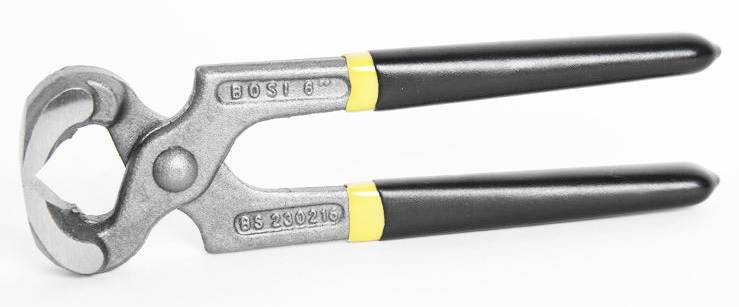I would like to convert it to a fretless. After pulling the frets out....
1a. Do I need to fill the fret slots in or can I leave then slots unfilled?
2. Would leaving the fret slots unfilled temporarily to test if I like this as fretless be ok?
3. If its best to fill them in, what would be a good filler product.
Here is what I think the filling process would be.
1. Using nail puller pliers to remove the frets.

2. Scrape in putty or other filler into the frets. Wipe of any excess filler.
3. Leave to dry
4. Sand frets and fretboard flush
5. Apply several coats of hard clear coating like varnish, apoxy. Not a soft oil finish. Allow to dry fully.
6. Use Flatwound strings so not to damage the fretboard.
7. Adjust the action lower as no frets.
PLAYING
when playing to get proper in tune notes place fingers directly over where the frets were not just before.
Ideally if it's best to fill the fret slots in, as this bass has a darker fretboard, I would prefer black color filler so from a distance the frets were hidden but I could still see them to play in tune. I don't know what wood the fretboard is made of maybe you can tell from the above images.
Thanks for any further tips, tricks and other info you can provide.
P.S. I am in Auckland New Zealand.